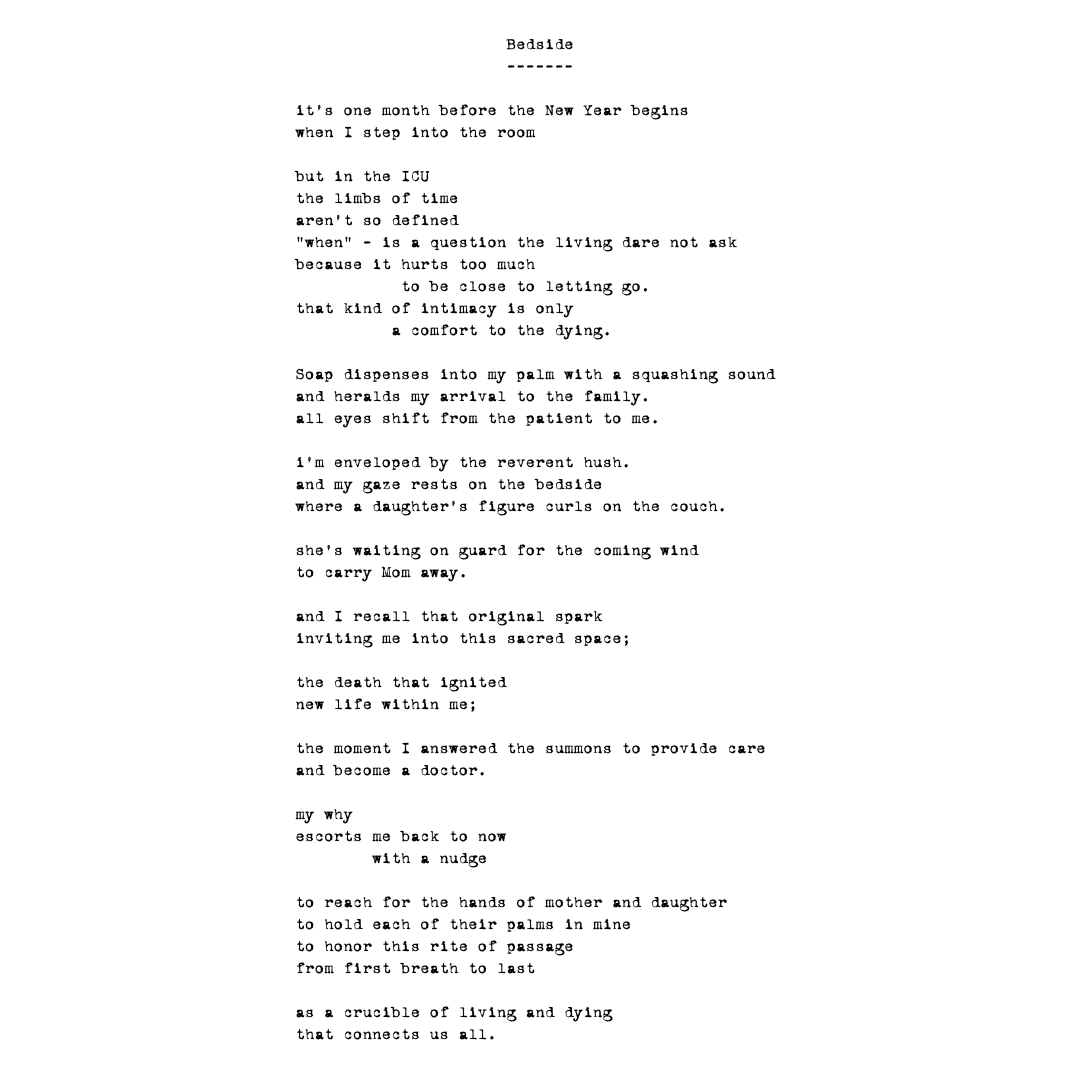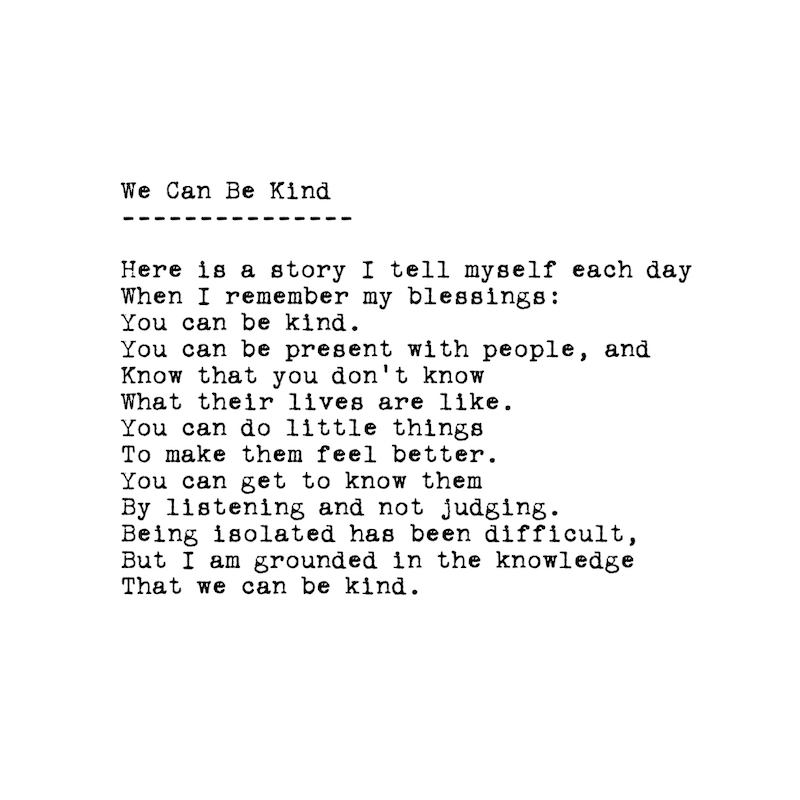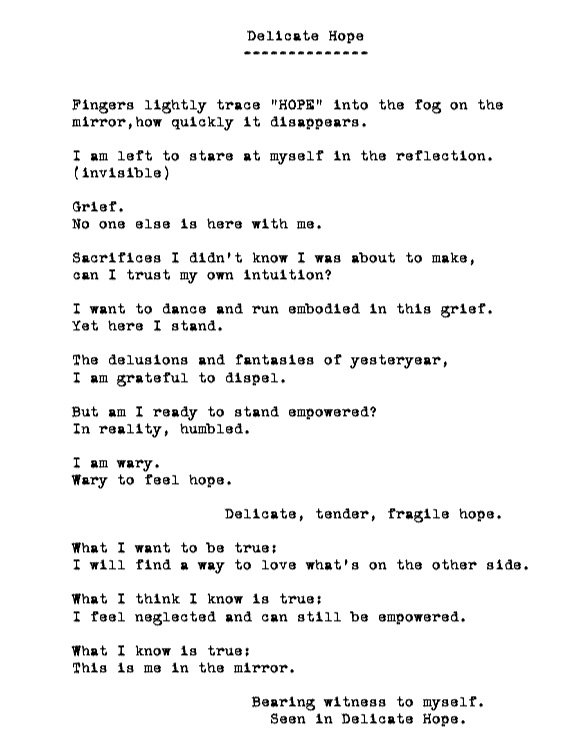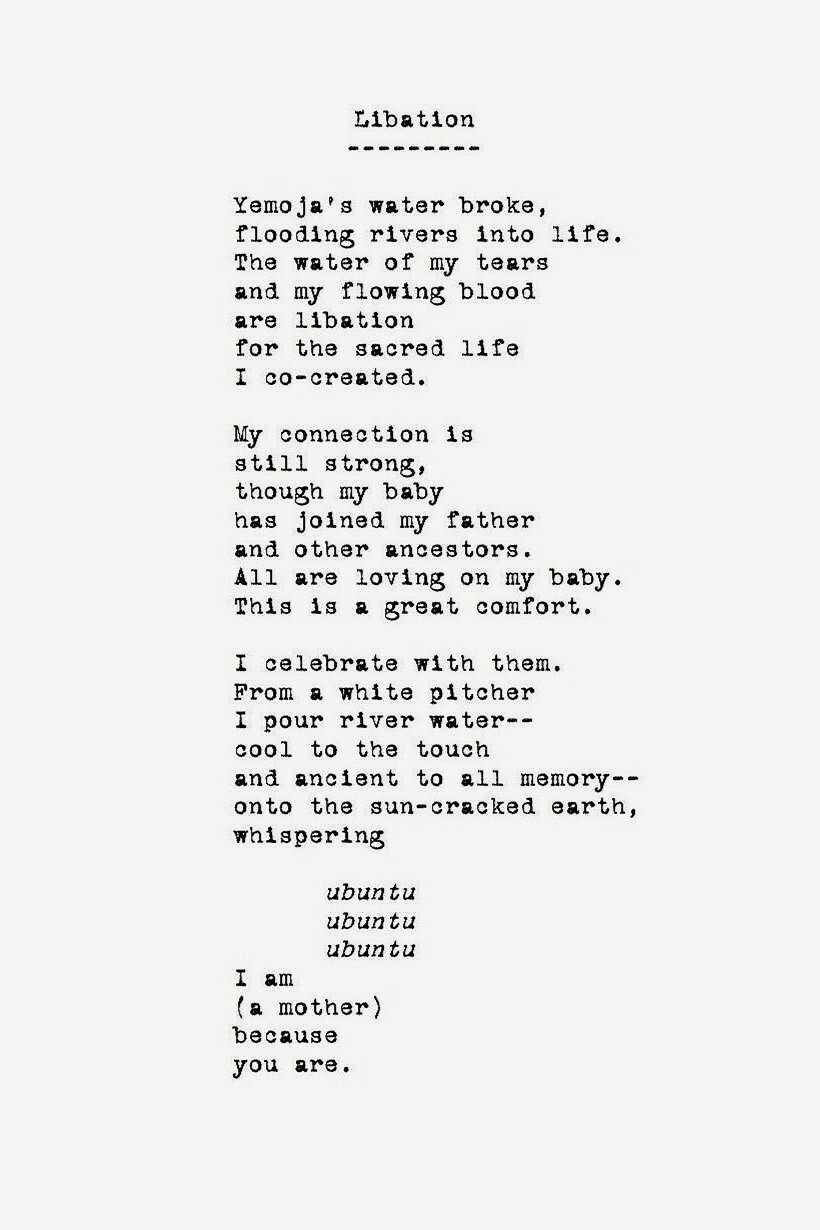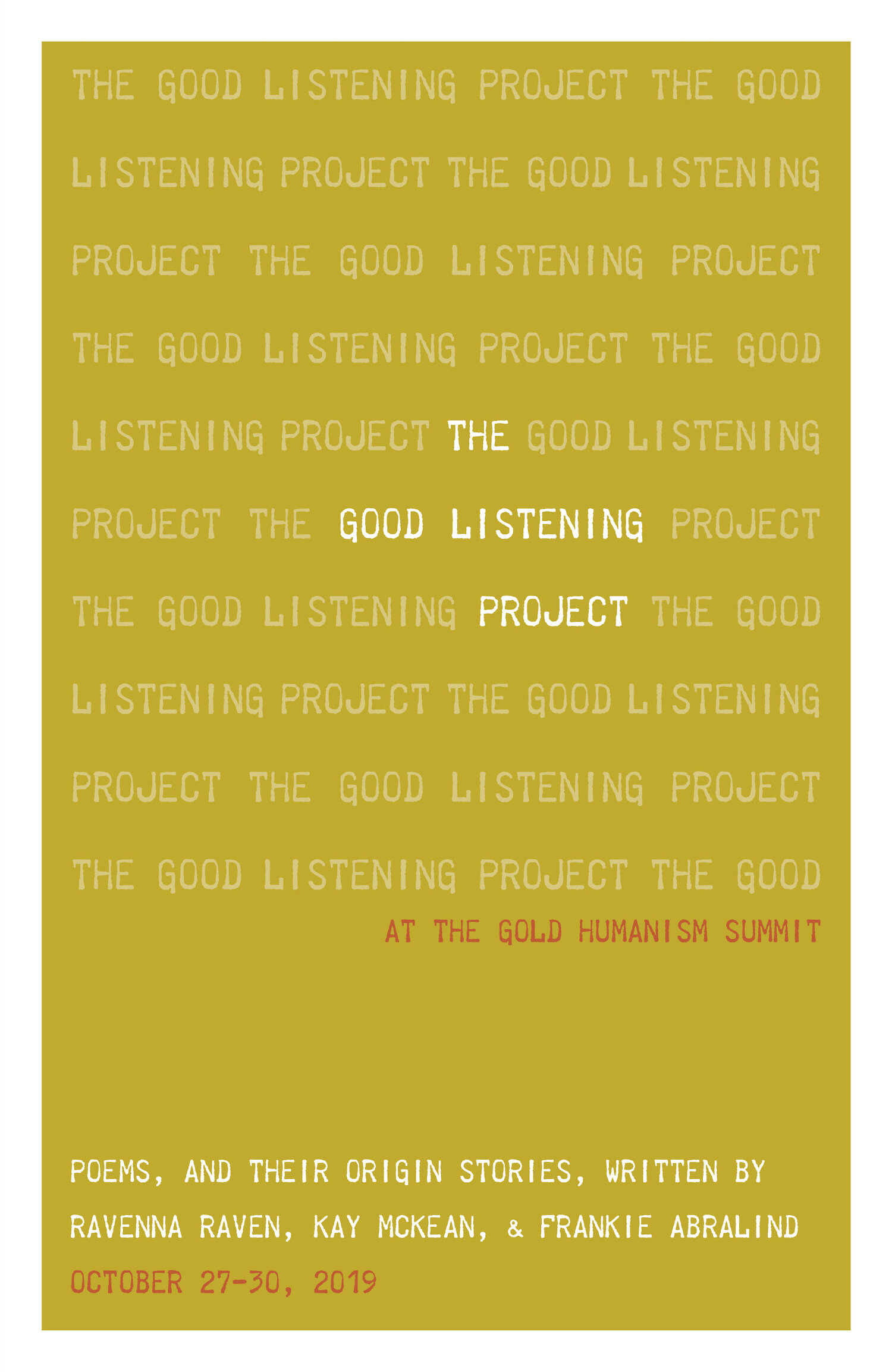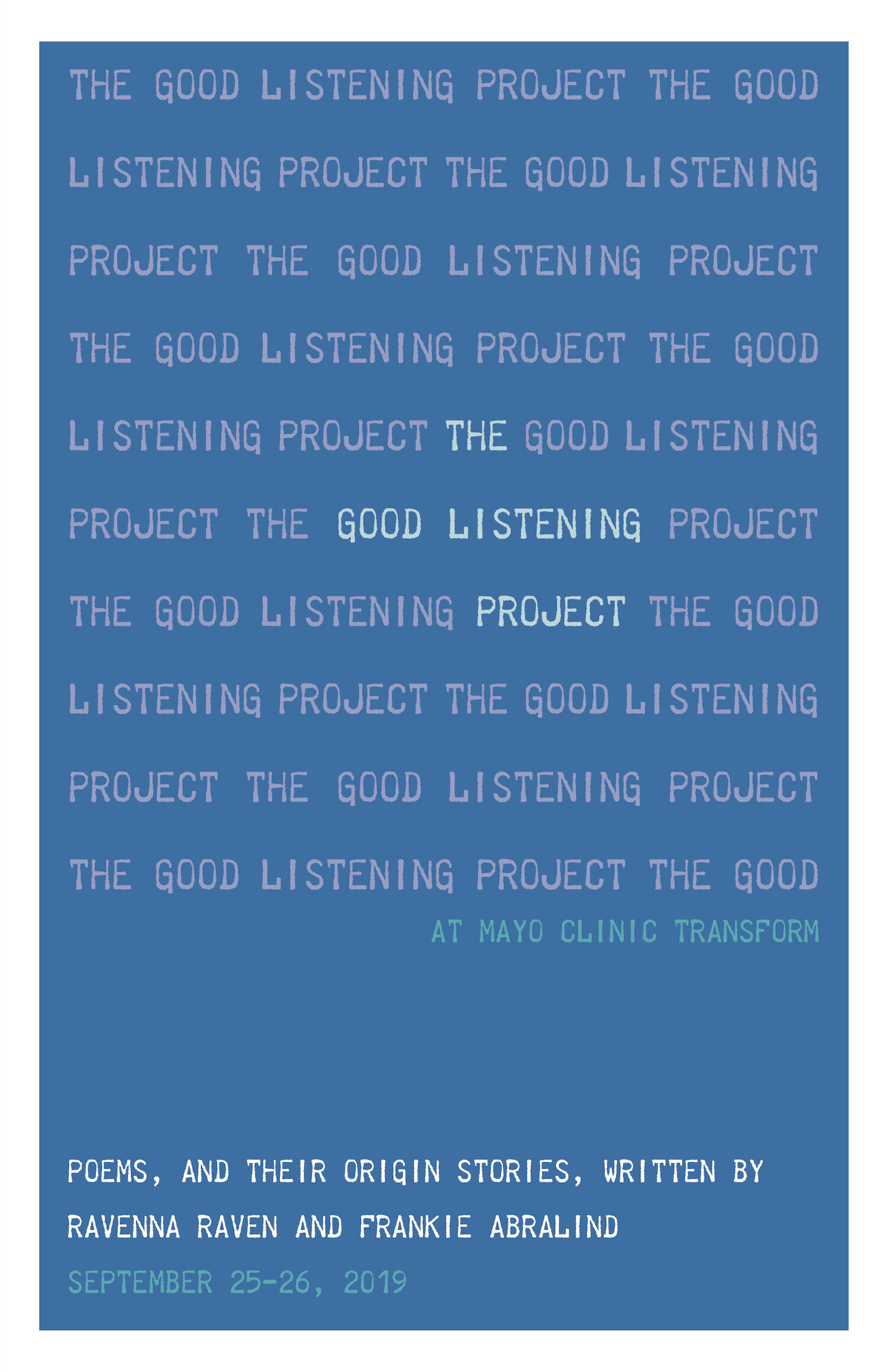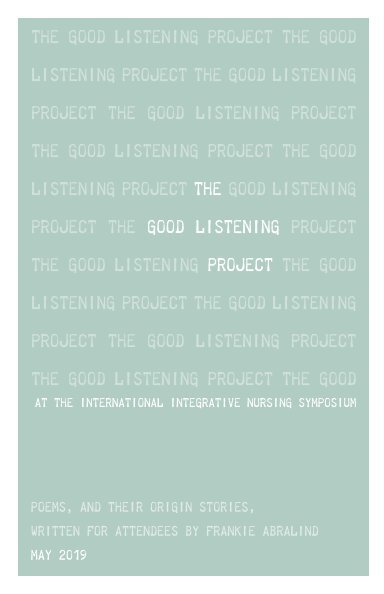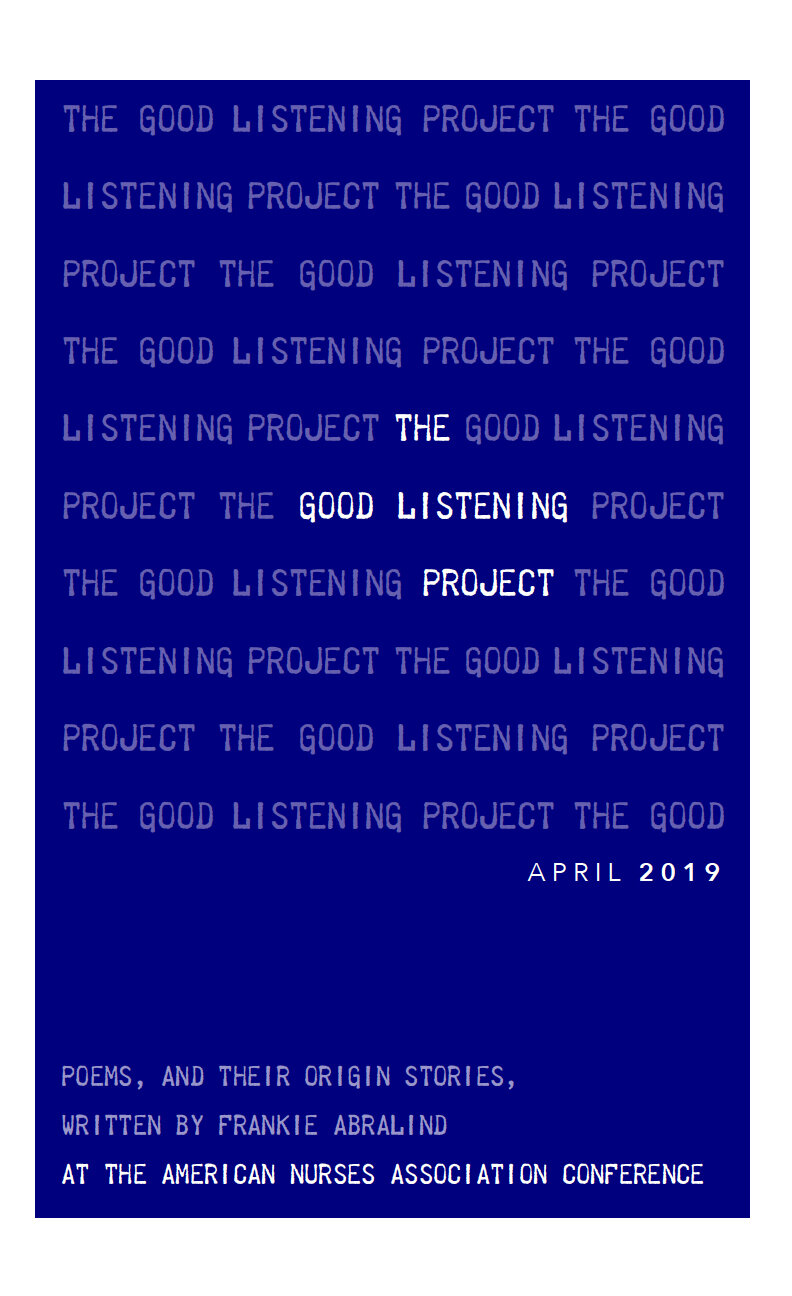“When you get to hear the hidden sides of people’s stories, you never look at people the same,” she said, with a noticeable tenderness in her voice.
This woman was a therapist who supported physicians and residents.
“Sometimes as I lay in bed at night I inhabit the stories people share with me. It’s almost like a mother tucking her children in at night, endeared to some of the people I talk with who don’t always get to express their humanity in their work,” she said.
She went on to talk about the “hidden curriculum” in medicine, which is a set of unspoken rules for medical professionals: always be objective, don’t appear weak, don’t cry in front of patients, you’re never sick, don’t ask for help, don’t let anyone know anything personal.
“I’ve been working hard to change this culture because doctors deserve to be real people,” she said. “Seeing the hidden side of providers is a sacred experience. My ears hear so many secrets and so much that people barely dare to give utterance to elsewhere. To embrace these realities as my life’s work is the most amazing gift I can think of.”
Listener Poet Jenny Hegland
Association of American Medical Colleges
September 2020
home
before she sleeps
she tenderly tucks in
each hidden story,
each unshared secret,
each ask for a hug
with the love
of a mother
and the endearment
of a soul
who has discovered
a piece of herself
in another
Professionally, Lacks’ story represents for her the need to critically examine our research infrastructure generally. “We need to pay more attention to the sustainability of research,” she explained. “Private companies benefit from publicly-funded research without a requirement to give back to ensure the viability of future research.”
“The fact of my life is a miracle,” she told me. Living with multiple chronic illnesses, this patient spoke to me of her journey with alopecia. Of how, in witnessing her body transformed by the condition, she continues to move at once through grief and reclamation.
“I can’t see a future outside of our relationship,” she tells me, “but I also can’t see a future outside of residency.”
“I always believe, no matter what the doctor says, that I will be cured,” she says as her sister sits next to her.
“I wonder if these medical professionals, in caring for people who face such insurmountable odds, walk around all the time carrying this weight I’m hauling now.”
He had been trying to cope with the grief ever since and was on a quest for soul-searching and meaning-making.
She spoke about the ways this traumatic event shaped who she is today: a person with an “unshakeable peace” born of deep faith,
She wanted to help people feel comfortable and transform the shame around colon issues. "I want to talk about things that matter, the things people don't want to discuss.
When we met, she was coming off a stretch of nine 14-hour shifts. She was tired but in good spirits.
She reflected on how her resilience was born from moments of shared mirth amid life's trying chapters.
“Life is complex and dirty, but digging in is important to me,” she said. “Maybe if more of us understood history, we could understand each other better.”
We are expected to research, contribute to scholarship, earn grants – all on our own time.
We are expected to research, contribute to scholarship, earn grants – all on our own time.
Every day, I try to see through the patient lens, and I ask: what can we do to change this broken system?
She was very proud of her daughter and has hopes for “a bright future that’s as pain free as possible”
“I’m trying to focus on doing little things to make people feel better during everything that’s going on in the world,” she told me.
“It’s hard to see others struggle,” she said. “How can I help with their struggle without struggling myself?”
"I'd tell her it's OK to be loud...it's OK to challenge and to bring all of you into these spaces where no one looks like you..."
“I'm continuously questioning: did I do it right?" she said. "I’ve always done a good amount of second-guessing, but I’m re-learning how to show up differently.”
“It’s weird,” she said. “This is one of the biggest accomplishments of my life, but it doesn’t feel like it.”
"It changed me; It changed the way I look at life," said this woman about her profound experience during her pregnancy.













